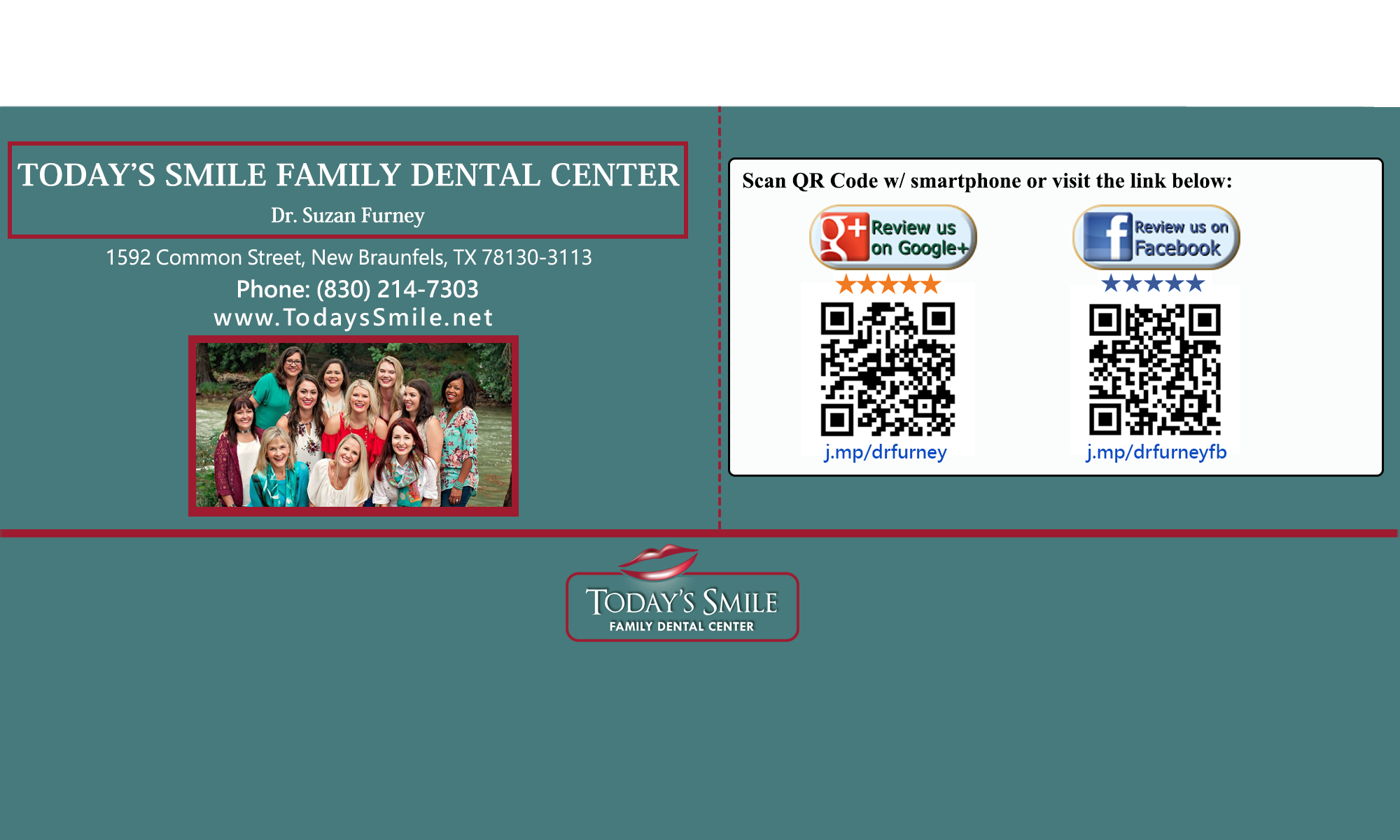While the general effects of smoking on your health are well-known, it can also have significant effects on your oral health.
Here are some of the ways smoking can harm your oral health and hygiene:
– Oral Cancer
– Periodontal (gum) disease
– Delayed healing after a tooth extraction or other oral surgery
– Bad breath
– Stained teeth and tongue
– Diminished sense of taste and smell
Research suggests that smoking may be responsible for almost 75% of adult gum disease.
Tobacco products damage your gum tissue by affecting the attachment of bone and soft tissue to your teeth. One effect is receding gums which expose the tooth roots and increase your risk of tooth decay or to sensitivity to hot and cold in these unprotected areas.
Cigar smoking is equally a major risk and even smokeless tobacco products contain a variety of toxins associated with cancer. Smokeless tobacco can also irritate your gum tissue.
Giving up smoking will provide a significant boost to your oral health as well as giving you the chance to live longer.
